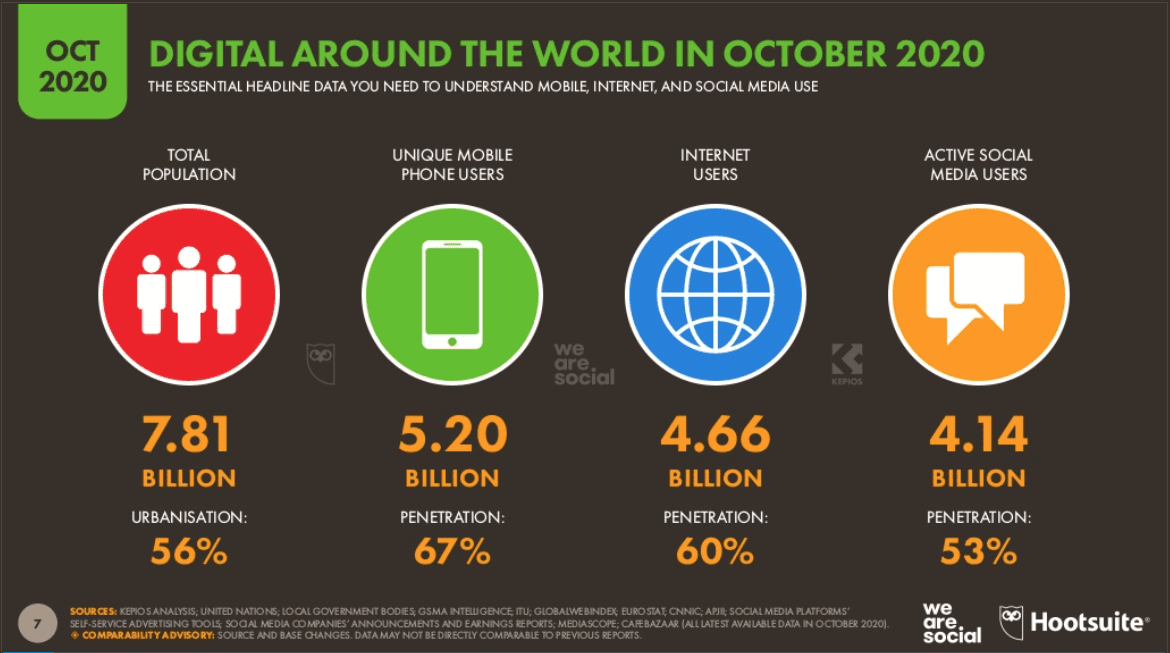Social media has become a game-changer in the political arena, transforming the way people access political news, engage in political discussions, and shape public opinion. With the power to mobilize youth voters, encourage citizen journalism, and expand opportunities for public participation, social media has opened new doors to democracy across the globe. However, it has also had some drawbacks, such as driving political polarization and reducing the role of traditional media. As social media and politics continue to evolve, it’s important to recognize the transformative impact and take advantage of its benefits while also actively addressing its challenges.
10 Ways Social Media is Changing Politics
Social media has transformed the way we communicate with each other, including the way we engage in political discussions. In recent years, social media platforms like Twitter, Facebook, and Instagram have become crucial in promoting political campaigns, raising awareness on current political issues, and shaping public opinion.
In this article, we’ll explore 10 ways social media is changing politics.
1. Social Media is Making Politics More Accessible
Social media has made it easier for people to access political information and engage in political discussions. With just a few clicks, one can access news, opinions, and debates from anywhere in the world. Moreover, social media has enabled grassroots movements to gain more visibility and support on a global scale.
2. Social Media is Encouraging Citizen Journalism
Social media has empowered ordinary citizens to become journalists, breaking news stories and sharing insights on social media platforms. This trend is forcing traditional journalists and news outlets to reconsider the way they report on politics, as social media users can often beat them to breaking news stories.
3. Social Media is Influencing Voter Turnout
Social media has played a significant role in shaping voter turnout, with political campaigns leveraging the power of social media to mobilize youth voters, and first-time voters. Social media platforms can often do more to persuade voters than traditional campaign tactics.
4. Social Media is Reducing the Role of Traditional Media
The rise of social media has led to a decline in traditional media’s role in shaping public opinion. Social media users can bypass traditional media to access news, and blogs, and opinions from a range of sources. Consequently, traditional media has been forced to adapt to compete with social media.
5. Social Media is Increasing Candidates’ Reach
Social media has provided candidates with a new and more immediate way to connect with their supporters. By using social media, candidates can reach a global audience in real-time, without relying on traditional media to convey their messages to voters.
6. Social Media is Influencing Public Policy
The way people consume and discuss political news on social media has influenced public policy. Social media users often have more diverse views and opinions than traditional media outlets, and this has made political policies more inclusive and reflective of public opinion.
7. Social Media is Driving Political Polarization
The downside of social media’s immediacy is its ability to perpetuate political polarization. Social media algorithms often promote content that aligns with users’ existing beliefs, leading to echo chambers where users only see one side of an argument.
8. Social Media is Challenging Traditional Political Campaigns
Social media has disrupted the traditional methods of political campaigning. Social media platforms offer candidates a more organic and engaging way to reach their supporters, and campaigns that can leverage social media effectively can gain a significant advantage over traditional campaigns.
9. Social Media is Expanding Opportunities for Public Participation
Social media has given citizens new and more impactful ways to participate in politics. By leveraging social media platforms, citizens can campaign for causes, network with politically active citizens, and lobby governments for change.
10. Social Media is Transforming the Role of Elected Officials
Lastly, social media has transformed the role of elected officials. Social media platforms like Twitter and Facebook have enabled elected officials to interact directly with their constituents and receive feedback on their policies. This has made politics more accessible, accountable, and transparent.
Conclusion
Social media has revolutionized the way we engage in politics. The 10 ways we mentioned above are just the tip of the iceberg. As social media and politics evolve, we can expect even more transformative changes in the future.
